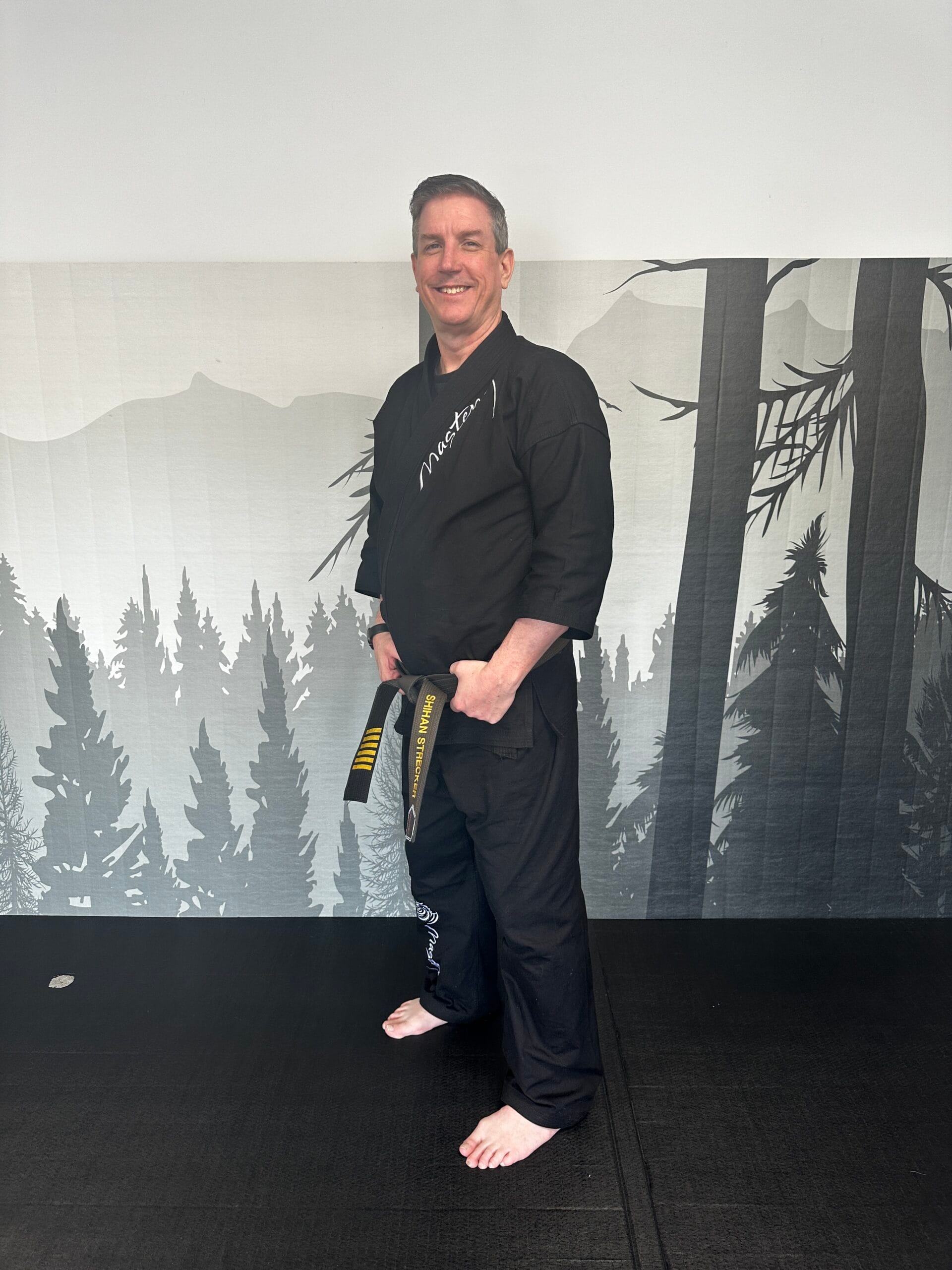Positive discipline for preschoolers opens a kinder path to guide your child through those daily power struggles. Child psychologists estimate that over 90% of preschoolers test limits each day as part of normal development. Good news, you can turn these defiant moments into chances to build your youngster’s confidence and self-control.
Your key takeaway is simple: kindness plus consistency helps your 4-year-old feel secure, understood, and more willing to cooperate.
Understanding Defiant Behavior
Preschoolers push boundaries as they explore independence and test how the world works (that’s development at play). At age four, your child’s growing brain seeks both autonomy and clear structure. When rules feel unpredictable, defiance can spike as they look for stability.
- Developmental drive: Your child is mastering “me do it” moments.
- Emotional leaps: Big feelings can overwhelm still-maturing self-control.
- Language gap: Limited words sometimes lead to “no” or tantrums.
Recognizing defiance as a growth signal helps you stay calm and confident rather than feeling undermined.
Set Clear And Consistent Boundaries
Young children thrive on routine and predictability, so simple, firm rules matter most. When you define expectations plainly, your child knows exactly what you expect.
- Choose two to three key rules (for example, “Use gentle hands” or “Stay inside our yard”).
- Phrase rules positively (“We walk inside” rather than “Don’t run”).
- Review rules at consistent times, such as before playtime or snack.
When you reinforce those boundaries calmly and consistently, your preschooler learns they’re safe and understood. If you need more tips on laying down the law with empathy, see our guide on setting boundaries with a 4-year-old.
Practice Positive Reinforcement
Your words matter more than you might think. Praising specific good behavior encourages your child to repeat it.
- Catch them doing right: “I love how you asked before using my phone.”
- Be immediate: Celebrate the moment, not hours later.
- Keep it genuine: Skip blanket praise (“Great job”) in favor of details.
This approach aligns with positive reinforcement for preschoolers, turning praise into a powerful tool rather than a fleeting compliment. You’ll likely notice happier cooperation and fewer meltdown moments.
Teach Emotional Regulation
Defiance often masks big feelings—frustration, anger, or even excitement. Helping your child name emotions sets the stage for peaceful problem-solving.
- Label feelings: “I see you’re angry because playtime ended.”
- Offer choices: “Do you want to hug your teddy or take deep breaths?”
- Model calm: Show how you handle frustration, like taking a breath when you’re upset.
You can even create a “feelings chart” together or practice a simple breathing game. Remember, small steps add up to big progress.
Promote Cooperative Skills
Building teamwork skills reduces power struggles and boosts your child’s willingness to help.
- Involve them in chores: “Can you help me set the table?”
- Turn tasks into games: “Let’s see if we can fold socks before the song ends.”
- Offer genuine choices: “Do you want the red cup or the blue one?”
These tactics overlap with strategies for promoting cooperation in preschoolers. Over time, your child feels valued as a helper rather than forced into compliance.
Partner With Mastery Martial Arts
Sometimes expert support makes all the difference. As detailed in the Mastery Martial Arts – Troy guide, when your 4-year-old seems to enjoy being defiant, you’re not alone (kidsmartialartstroy.com/when-your-4-year-old-seems-to-enjoy-being-defiant-youre-not-alone/). Their programs teach respect, focus, and self-discipline through age-appropriate martial arts.
- Structured classes boost listening skills and self-control.
- Positive instructor feedback reinforces good behavior in a fun setting.
- Group activities foster teamwork and respect for others.
With Mastery Martial Arts – Troy, you gain a partner who understands preschooler defiance and offers hands-on tools to channel energy constructively. You’ve got this—professional support can magnify everything you do at home.
Quick Recap And Next Steps
- Recognize defiance as normal exploration.
- Set two to three clear, positive rules.
- Praise specific actions right away.
- Teach feelings and calm-down tools.
- Encourage cooperation through choice and play.
- Consider expert help from Mastery Martial Arts – Troy.
Consistency and warmth create the best learning environment for your preschooler. Choose one strategy to start today, and watch those challenging moments transform into opportunities for growth. With patience and clear guidance, you and your child will thrive.





0 Comments